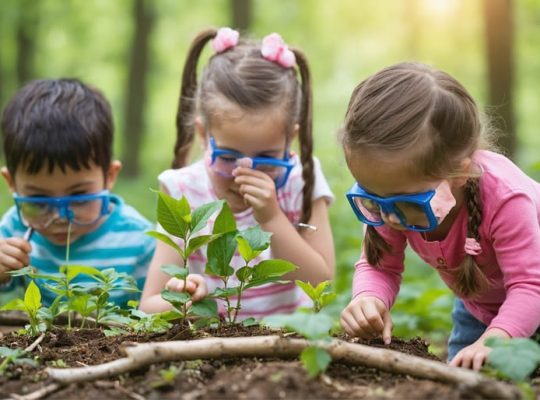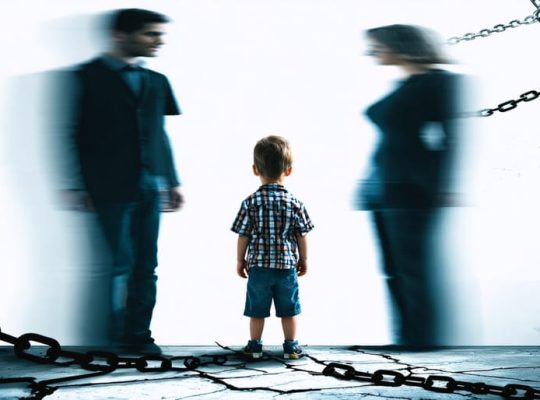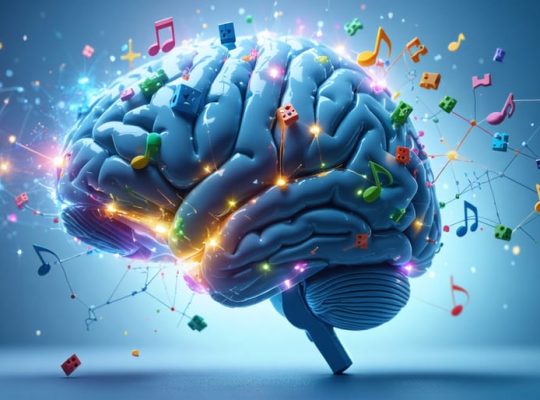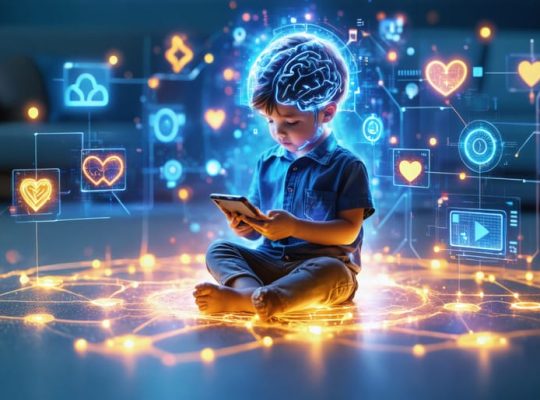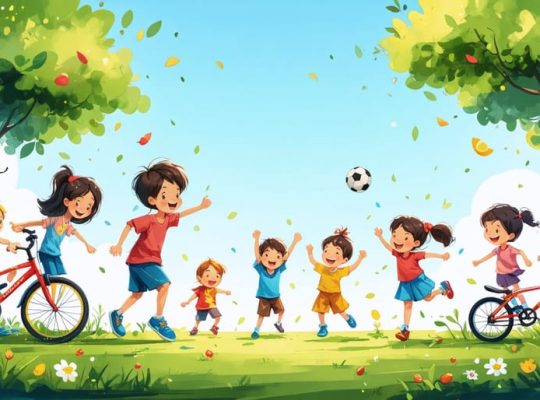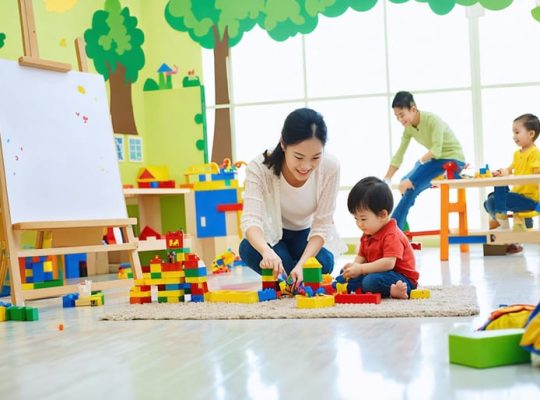How Emotional Well-being Shapes Your Child’s Mental Health Journey
Emotional well-being shapes every aspect of a child’s development, from their earliest interactions to their ability to form lasting relationships and navigate life’s challenges. As parents and educators, understanding this fundamental aspect of mental health empowers us to nurture resilient, confident, and emotionally balanced children who can thrive in today’s complex world.
Recent research reveals that emotional well-being encompasses more than just feeling happy – it’s a dynamic state where children can recognize, express, and manage their feelings while showing empathy toward others. This delicate …


